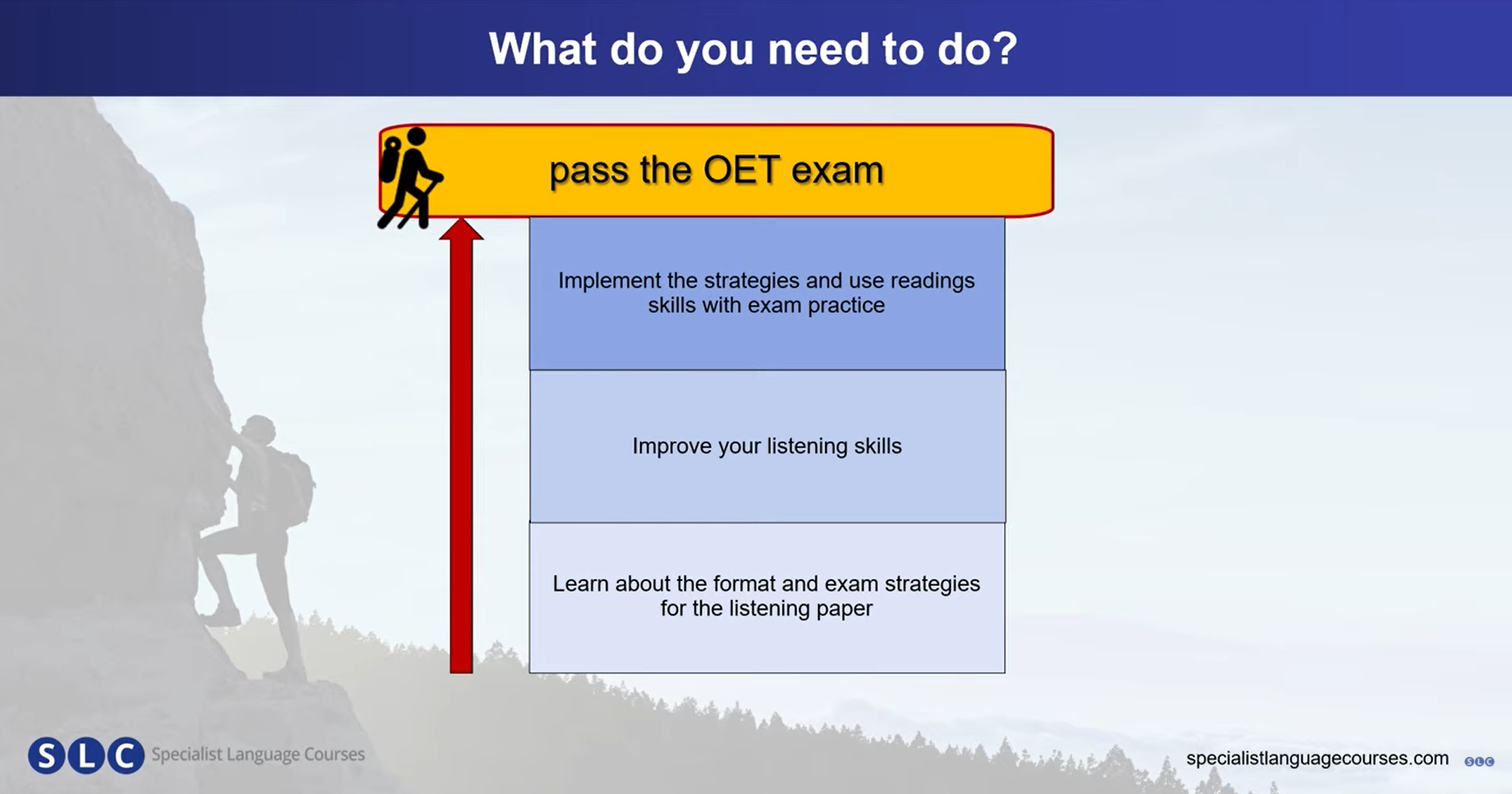Fluency through reading
by Michael Conroy
Guided reading (alongside listening to and singing songs in the target language) is one of the most effective tools to bootstrap fluency in young learners, although it’s not uncommon to hit a wall when engaging students with written material.
Children (and teachers) tend to love using stories in the classroom, as it provides great listening practice and allows instructors to teach key grammar points in an engaging way, and once young learners progress and start to blend and segment words independently, reading becomes not only less challenging but more enjoyable for them too.
Nonetheless, we must remember, young learners acquire and develop their reading skills at different rates, which can make attending to everyone’s needs all the more challenging for teachers. Children quickly lose interest in learning when they are frustrated with the subject material, and if the target language is not their own, the learning process can stagnate pretty quickly.
If young learners can’t understand the language you’re teaching, let alone the content, then don’t be surprised if they start to become disruptive. Therefore, it’s up to teachers to practise patience, and to establish a comfortable learning environment of minimal pressure when it comes to reading.
Let’s take note of some common obstacles students and teachers are likely to run into when developing the former’s reading skills.
Decoding
Struggling to decode (sound out words) hinders comprehension. In Italian and Europeans schools, young learners in English need lots of practice with the alternative letter sounds, although the letters themselves remain recognisable, while many Asian students, especially in China and Japan, must learn the letters and sounds from scratch. China students don’t start to learn pinyin until elementary school, which is where English training centres and bilingual kindergartens step in, giving the children a head start learning the Latin alphabet.
It can be difficult for children of any background to differentiate the sounds – e.g. “muh” – from each letter’s name – “em” – which is why plenty of repetition and vocalisation are essential. The more alphabet/phonics practice they get, the easier it becomes to string sounds together into words and sentences later.
Print tracking is vital for recognising sight words and building fluency. Other ideas include singing, choral chanting, and group reading to develop phonics comprehension and memorisation.
Comprehension
Be sure to always tailor reading material to your students’ needs. If the text is too easy, their enthusiasm will deflate after so much exposure; and if it’s too difficult, they’ll lose interest without learning anything. Students tend to skip ahead if they don’t understand particular words or phrases, and while they might still understand the gist of the text, all the important nuances we native speakers take for granted will go over their heads.
Kindergartners, for example, will struggle with complex sentences and unfamiliar vocabulary, so it’s best to keep stories simple, full of repetition, rhythm, and familiar sight words. Older children appreciate stories in much the same way, although they’re often hungry for more exciting, challenging material to test their ability.
Cloze questions, sequencing activities, and multiple-choice questions are all great tools for testing children’s understanding, but be sure to assign stories and comprehension questions tailored specifically to their needs.
Writing Stories for Young Learners
If you’re a CLIL teacher and you struggle to find stories that fit the curriculum content, while also allowing you to teach key grammar points and/or General English concepts, then why not write your own material?
Imagine, for example, that you had to teach the cardinal points, using a map, or finding your way around town. You could follow Dora the Explorer’s example to create a simple A-to-B narrative about following directions and avoiding hazardous obstacles. Children like tension and excitement, so teaching them to turn right to avoid the Haunted Forest, to go over the bridge spanning Crocodile River, or to go around Fire Mountain should go down a breeze.
CLIL allows plenty of freedom for teachers to approach both the content and language from creative angles, so take advantage of these opportunities wherever you find them.
Using different tenses and perspectives, both of which make stories more interesting, can also challenge older children’s comprehension, while some students, namely kindergarteners, lack the fluency to follow complex narratives.
Plot is important – it drives the story, and gives us reason to keep reading. Be sure to balance an interesting dilemma with the English concept you wish to teach, while also considering how students can apply the lesson of the story to their own lives. It needs to be relatable so they can engage with it on a more personal level.
What are the most common concerns that inform children’s daily lives? Here are a few ideas:
- Family – parents, grandparents, siblings
- Friends – in their local neighbourhoods and away from home
- School – teachers, homework, field trips, class content
- The weekend – hobbies, activities, outings
- Holidays – Christmas, Halloween, Easter, etc.
- Animals – Domestic pets vs wild animals, zoos and aquariums
- Food – Fruits and vegetables, favourite foods, savoury and sweet
Using the above as inspiration, you can craft some interesting stories for children that young learners can engage with, while also allowing you to deliver subject/language content at the same time.
Your students may well have different likes and interests, but, if you can’t find the time to write your own stories, here are some great books to use in the classroom, all of which are flexible in terms of level, and can be used to teach an array of subjects:
- Curious George by H A Reye & Margaret Reye
- The Very Hungry Caterpillar by Eric Carle
- The Gruffalo by Julia Donaldson
- Goodnight Moon by Margaret Wise Brown
- Where the Wild Things Are by Maurice Sendak
- Pete the Cat by James Dean
- The Cat in the Hat by Dr Seuss















